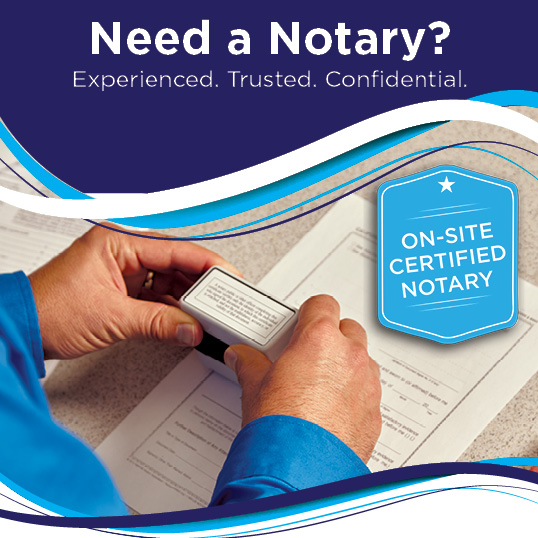Experienced Conveyancer: Browsing Home Transfers with Know-how
Debunking Notarial Work: Simplifying the Role and Value of Notaries
In the intricate web of legal documents and confirmation, notaries stand as columns of assurance and authenticity. Their duty, commonly shrouded in enigma for several, brings considerable weight in ensuring the credibility and stability of critical documents. As guardians of legality and truth, notaries play a crucial component in our culture, yet their job is not always completely comprehended. By untangling the intricacies shedding and bordering notarial practices light on the significance of their acts, a clearer understanding emerges of the crucial function notaries play in supporting the material of legal and contractual agreements.
The History of Notarial Work
The history of notarial job dates back to old human beings, where scribes played a vital duty in taping essential information and authenticating records. This led to the advancement of notaries, people designated by the state to act as objective witnesses in lawful matters.
During the Center Ages, notaries acquired importance in Europe, with their features expanding to include composing legal files, licensing trademarks, and maintaining documents. The rise of worldwide profession further emphasized the value of notarial work in verifying contracts and arrangements throughout boundaries.
In the modern era, notaries remain to play an essential function in lawful and organization purchases by verifying identities, confirming the authenticity of files, and stopping fraudulence. Their duty in licensing the legitimacy of agreements adds a layer of safety and depend the ever-evolving landscape of business and regulation.

Responsibilities and Duties of Notaries
Notaries play a crucial role in validating the authenticity of papers and the identity of signatures. One of their primary duties is to witness the finalizing of important papers, such as deeds, wills, and agreements, to ensure that all celebrations are getting in into contracts purposefully and willingly.
In addition, notaries are charged with carrying out oaths and affirmations, which are critical in lawful process and the execution of testimonies. They license copies of original documents, providing guarantee to organizations that the copies hold true replicas of the originals. Notaries need to maintain precise records of all deals they look after to ensure transparency and responsibility. Overall, the obligations and obligations of notaries are important in safeguarding the stability and validity of numerous records and deals.
Notarial Certificates and Signatures
Exhibiting meticulous interest to detail, notarial certifications and trademarks work as necessary parts in confirming the authenticity of legal records. Notarial certifications usually contain vital information such as the date of notarization, the names of the signatories, a description of the document, and the notary's official seal. These certifications supply a clear record of the notarial act, making certain that the record can be conveniently identified and traced back to the notary that managed the process.
Trademarks play a critical role in notarial work, as they symbolize the agreement and authorization of the parties entailed. Notaries thoroughly witness the finalizing of papers to verify the identification of the notaries and validate that they are signing of their very own complimentary will. By affixing their main seal and signature to the paper, notaries my sources certify that the needed procedures have actually been followed which the record is enforceable and legitimate.
In essence, notarial certificates and signatures are the hallmark of authenticity in legal transactions, supplying assurance to all celebrations involved that the papers are genuine and binding.
Relevance of Notarial Acts

Registration Refine Clarified
The registration procedure commonly starts with the specific providing the file to a notary public. When the identity is validated, the notary makes certain that the private signing the document does so voluntarily and without any type of coercion.

Conclusion

Notarial certifications commonly contain important details such as the day of notarization, the names of the notaries, a description of the paper, and the notary's main seal. These certificates offer a clear record of the notarial act, ensuring that the file can be conveniently recognized and traced back to the notary who managed the procedure.
By fastening their main seal and trademark to the record, notaries certify that the required procedures have been complied with and that the paper is enforceable and valid.
By verifying the identity of the signatures, validating their determination to enter into the agreement, and certifying the date and area of the finalizing, notaries play a critical function in promoting the credibility of legal files.After the document is signed, the notary will certainly fasten their main seal or stamp onto the paper.